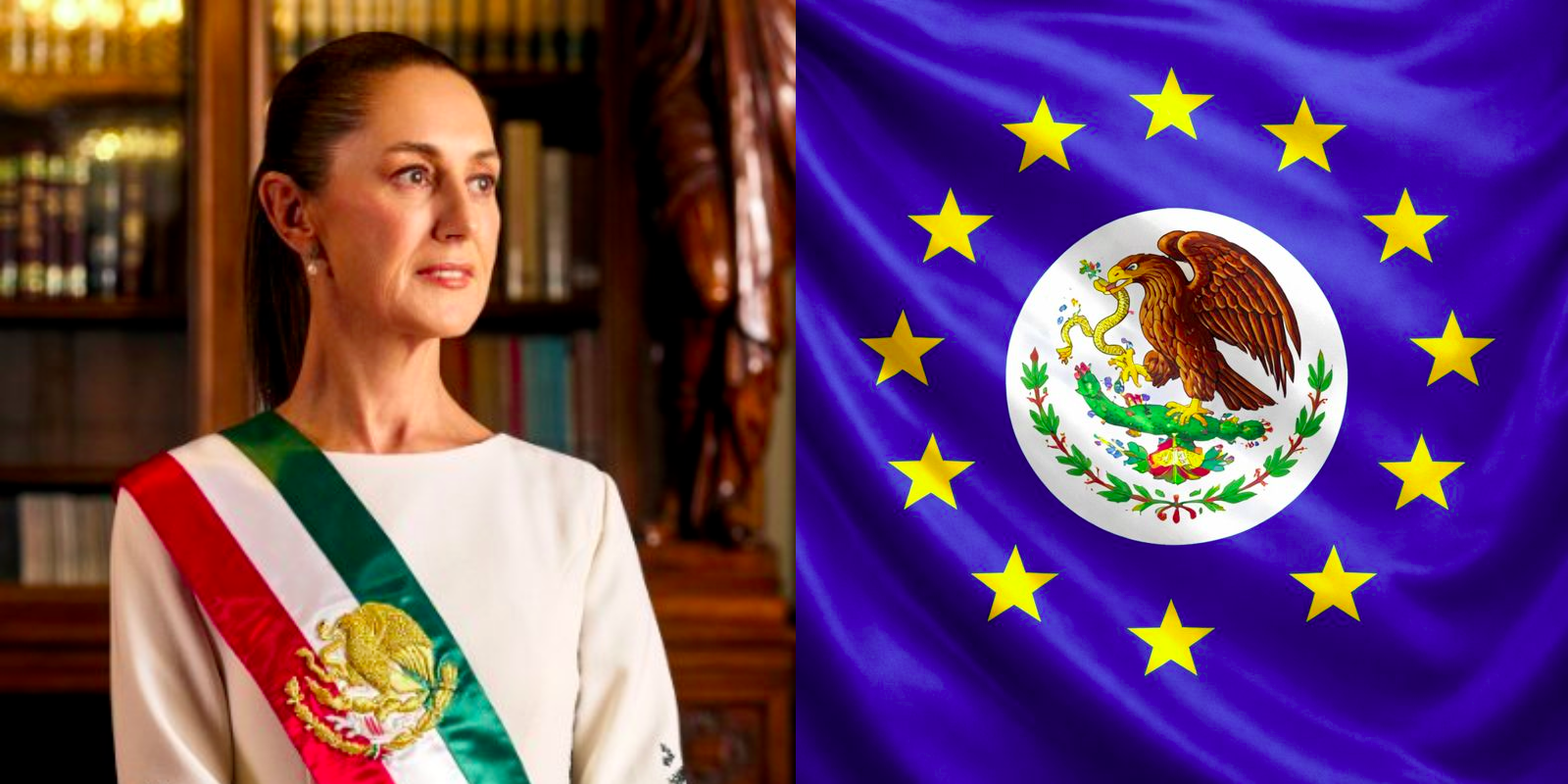The erosion of public trust in American institutions is among those perennial conversational parlor games whereby just when one thinks it can’t get any worse, it does.
Gallup has surveyed the degree of confidence Americans have in various institutions, including Congress, the Supreme Court, Big Business and the like since the early 1970s. While the level of confidence – marks of “a great deal” and “quite a lot” – tends to ebb and flow in the wake of events and societal trends, most of the subjects of the survey have seen their favorability inexorably decline over this period, with many of them experiencing a further step function down in public approval between 2020 and 2021.
Confidence in institutions of all kinds stems from the degree of trust their consumers or beneficiaries have in them. Dishonesty, in myriad forms – the failure to perform or deliver as promised, actions inconsistent with the institution’s mission or values, visibly bad behavior on the part of institutional representatives, and outright lying – undermines trust in these bodies.
Government and media have been the subject of particular scrutiny in recent years as the concept of “fake news” has gained purchase and a symbiotic, triangular relationship with the American public has vitiated expectations of impartial reporting and objective truth. Concepts such as “truthiness” and “alternative facts” are the direct consequence of an ideological arms race in which a shared set of empirical observations and assumptions informing varying viewpoints is increasingly difficult to come by.
While this trend is not new, it has accelerated and transformed over the last two years. The COVID-19 pandemic and 2020 presidential election have resulted in an increasingly anxious public, coinciding with a surge in partisan-inflected institutional dishonesty. Notably, these lies are often of a different type than previously observed.
Students of political science and casual observers alike would readily agree that our government, at all levels, has always lied to some degree. One school of thought about rising citizen anger and decreasing trust in government (and other institutions) is that greater access to information due to technological innovation (along with the advent of citizen journalism and social media) has increased transparency, with lies more easily and quickly exposed. While this argument has merit, contemporary accounts suggest the American public has always known that its government lies to varying extents, if not always learning of these lies in real time. Even a later-discovered lie – “Remember the Maine”, FDR’s polio, and the Gulf of Tonkin incident during the Vietnam War spring to mind – serve to inform citizens that government, politicians and the media lie with impunity.
These lies can be seen in their simplest form as made in service of the perceived national interest, for partisan advantage, or simply out of expediency – and occur not just on both sides of the political divide, but along the entirety of the ideological continuum. In capital markets lingo, such lying can be thought of as “priced in”: it’s expected, and seen as part of “playing politics”. While lies generally are a bad thing of course, they can in certain circumstances be seen as intended to persuade or influence, whether it be to win votes, gain public support, or allocate resources in some desired manner. One could even argue they are the public analogue of the “white lies” people utilize in private interactions, a social lubricant of sorts. “Do these pants make me look fat?” is not a question typically seeking a truthful response.
What is different and alarming about the public lies increasingly peddled by our institutions today – government and mainstream media foremost among them – is that they are not just lies being told to you, but about you. Their purpose is not so much to persuade as to demoralize, and they seek obeisance, not support. Such lies are theater nuclear weapons in a rhetorical war waged to advance certain narratives.
Contemporary examples are legion. One need only look to Canadian Prime Minster Trudeau’s characterization of the anti-mandate protesters in Ottawa as dangerous extremists when no such evidence exists to see the lengths to which government and media will go to lie about you. In the U.S., parents having the temerity to speak up at local school board meetings are tarred as domestic terrorists worthy of FBI investigation by the Department of Justice, at the urging of the National School Boards Association.
Further, in this environment to challenge the notion that all whites are intrinsically racist, irrespective of behavior or character – as CRT does – is to be guilty of “white fragility”; to question the certainty of what is being called an “energy transition” without considering the costs and benefits and human impact of doing so is to be a “climate denier”; and to cite fundamental human biology as a reason for why transitioning men should perhaps not compete in women’s sports is to be “transphobic”.
Moreover, beyond the lies told about you are the hybrid lies told both about, and to, you, which are intended to communicate that you are incapable of using your own senses and critical thinking skills to assess information and form opinions. Big Tech’s suppression of the Hunter Biden laptop story encapsulates this; while reported by reputable mainstream outlets, the story (now widely acknowledged as true, and never credibly in doubt) was suppressed in service of an agenda that ignored any benefits from or desire for a well-informed electorate. And it’s not only Big Tech; almost everything appearing on CNN over the last five years has been curated and misreported in service of peddling misinformation at scale.
It is also worth noting that in the context of political campaigns, this same phenomenon of lying about you has manifested in the curious spectacle of political candidates insulting voters. From “bitter clingers” to “deplorables” to “haters and losers” to “listen, fat” and similar, abusing the electorate is designed to vilify rather than persuade. The subject of these attacks are not citizens to be represented, but outgroups to be reviled and subsequently pacified.
The degree of anger bubbling to the surface in this current populist moment is best understood by thinking about lies in one’s own life. When someone tells you a lie about something and you know it to be false, it’s customary to feel frustrated, betrayed, and mistrustful. But lies about third-party topics can be contextualized, eventually understood and even overcome, if not always excused.
Lies about you are different. In a private context, the emotions conjured are likely to be confusion, rage and defensiveness; these feelings of being gaslit about oneself are often accompanied by a concomitant impulse to lash out against the purveyor of lies.
What effect do these emotions have at a societal level when catalyzed by institutions? The likely result is a polarized world in which citizens feel under attack from the very institutions meant to aggregate and embody their interests and values. This erosion in institutional trust rents the social fabric, which relies on trust availing in the liminal spaces between law and contractual writ, and which is necessary for the functioning of a healthy society.
Richard J. Shinder is the founder and managing partner of Theatine Partners, a financial consultancy.
 The erosion of public trust in American institutions is among those perennial conversational parlor games whereby just when one thinks it can’t get any worse, it does. Gallup has surveyed the degree of confidence Americans have in various institutions, including Congress, the Supreme Court, Big Business and the like since the early 1970s. While the […]
The erosion of public trust in American institutions is among those perennial conversational parlor games whereby just when one thinks it can’t get any worse, it does. Gallup has surveyed the degree of confidence Americans have in various institutions, including Congress, the Supreme Court, Big Business and the like since the early 1970s. While the […]






